|
Hi! I’m Eveline, studying Illustration and Visual Media at LCC. Since the start of the DPS year I have taken part in a number of (mostly freelance) placements. One of my first opportunities was a collaboration with jewellery brand Materia Rica, who were seeking out individuals to partake in a new collection. With the brief being left completely open I was able to base my designs on any theme or topic. We were in the middle of a pandemic and I have an interest in current world issues, as well as people and their personalities, so I decided to focus on how people have been feeling during this time. My design in particular explores how we, as a society, have come together in 2020 in order to support one another. Although there have been many events around the world to prove otherwise, rather than dividing our society they have in fact contributed in bringing us closer together. My necklace artfully depicts one of the strongest and most symbolic senses in the human body: touch. Particularly in these challenging times, touch recalls the feelings of need, support, and connectivity. I captured these moments of intimacy through a realistic representation of connection, portraying the simplicity as well as the complexity of human feeling. Through design I tried to place myself in the position of many, as a way of communicating and connecting to those around me even if we couldn’t do so physically. Images of the final launch of my collaboration with Materia Rica Though today’s technology, and especially in light of the pandemic, working has become so much more adaptable. 2020 was most likely the beginning of remote work, but since then more and more businesses are offering remote work indefinitely. I can definitely see the benefits of working remotely, however when I think about placements I think of physically working in a studio or workspace. I think this is something I’ve had to come to terms with myself during this year, as almost all my opportunities have been remote. In some ways I feel as though I haven’t ‘achieved’ as much or don’t feel enough satisfaction from the placements I’ve worked on so far, simply because they’ve been remote. It’s probably also the reason why I sought out a placement in a school, as I knew this could be done in person rather than behind a screen. But actually today’s technology gives us so many advances. The fact that we can be working a job while living in a complete different country is almost surreal to think about. Changing the way we think and feel towards something isn’t always that simple, however definitely something everyone needs to work on. Decolonisation is also something we discussed during DPS. Decolonisation originally was used to describe the withdrawal of a state from a former colony, but now it’s more so the acknowledgement that the west was built upon the colonisation of other nations. We therefore exist within a system of privilege and oppression and a lot of the culture we’ve come to see as ‘ours’ has actually been appropriated or stolen. A way of overcoming these beliefs is through realising that the standards we’ve been taught aren’t universal. We need to start making a conscious effort to start unseeing Western Culture and reimagine something beyond the current system we exist in. This is definitely something I’ve been trying to work on within my practice and was further highlighted during my online curating course in Curation. We were made aware that when researching and looking for something we always have ‘blind spots’. In order to become aware of what our blind spots are and note the things we haven’t included in our research or topics it’s necessary that we take the extra time to explore regional platforms and databases. Some of these might include Contemporary&, Arte Contemporáneo Ecuador, and Asia Art Archive. Thanks to today’s simple and easy technology we are able to discover a wider variety of artists and bring out the ones who are less visible merely through the click of a few buttons. Examples of regional platforms and databases to discover a wider variety of artists It’s inaccurate and wrong that the design practices, approaches, documented histories, and also thoughts of the vast majority of the globe are lacking and undocumented. Therefore, as up-and-coming designers and practitioners it’s our role to question the design praxis and the underrepresentation of non-western methods. Through highlighting the works of numerous discourses on issues in culture and globalisation, we are then able to maintain a strong and vibrant design community with diverse and critical points of view that aren’t just based on a minority.
0 Comments
Leave a Reply. |
Archives
December 2021
Categories |
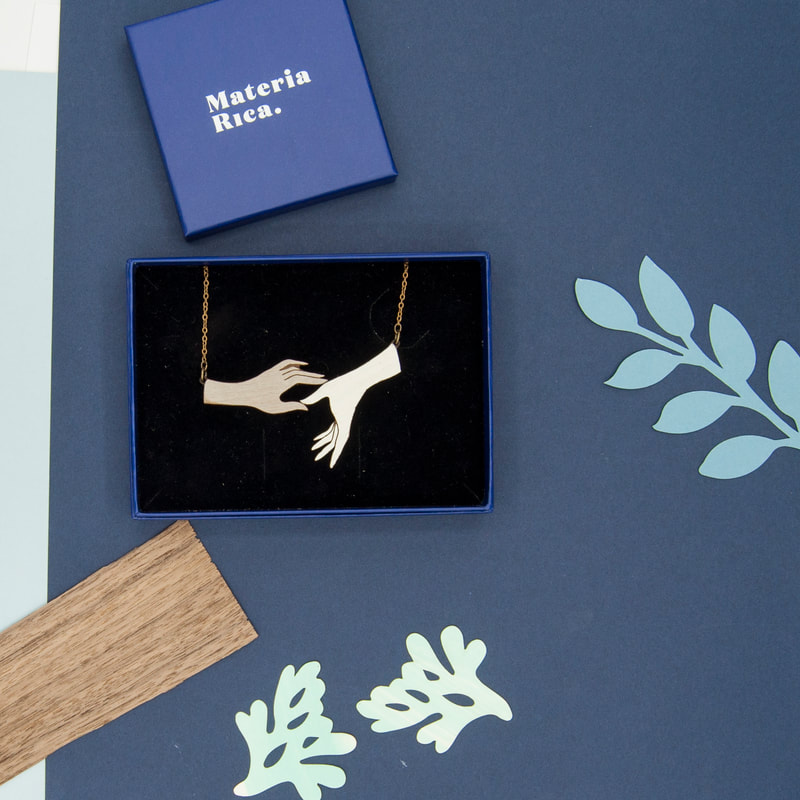
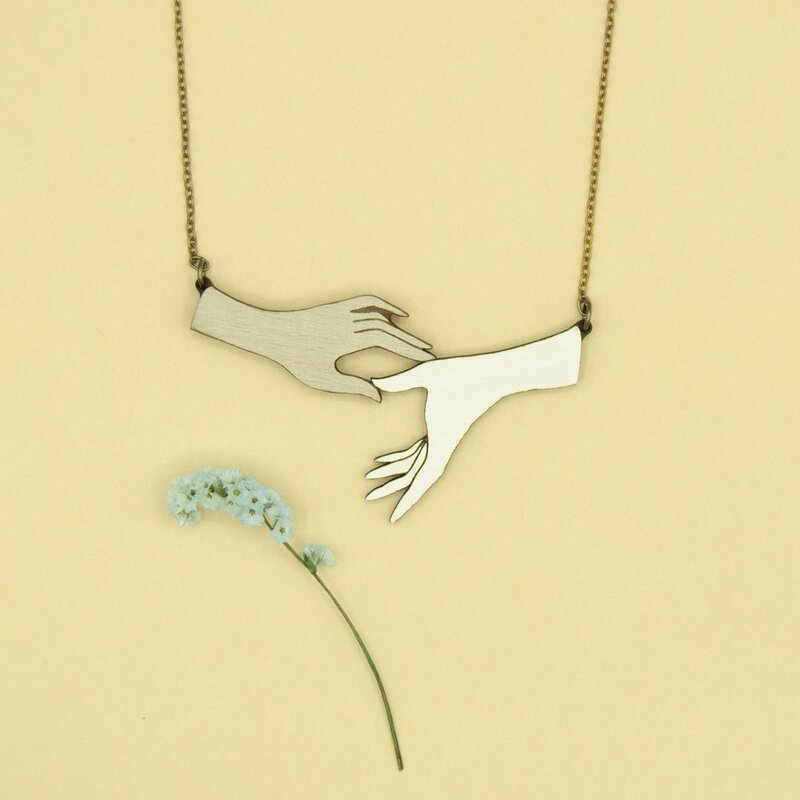
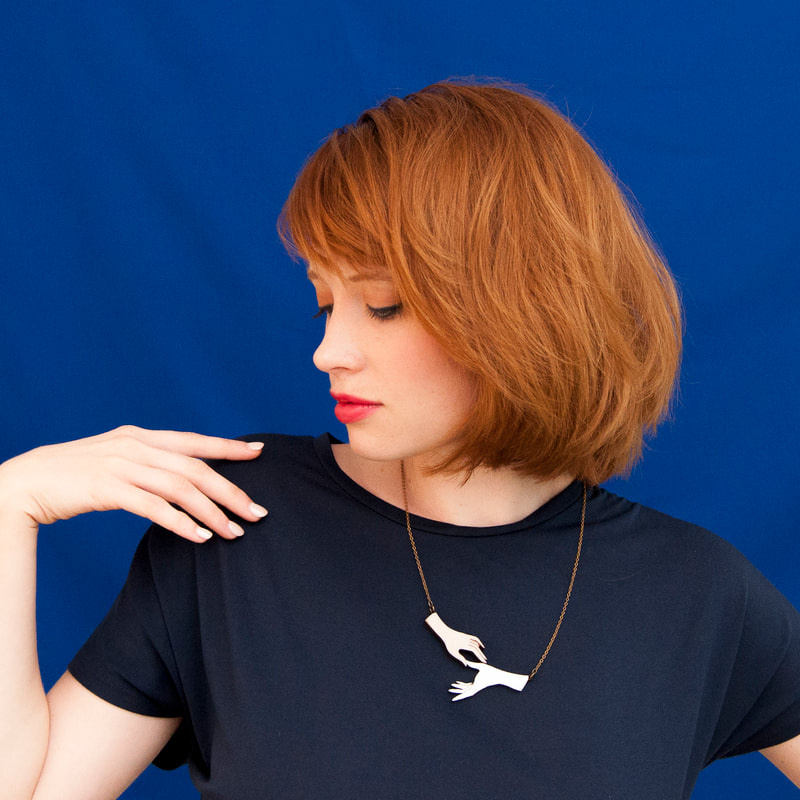
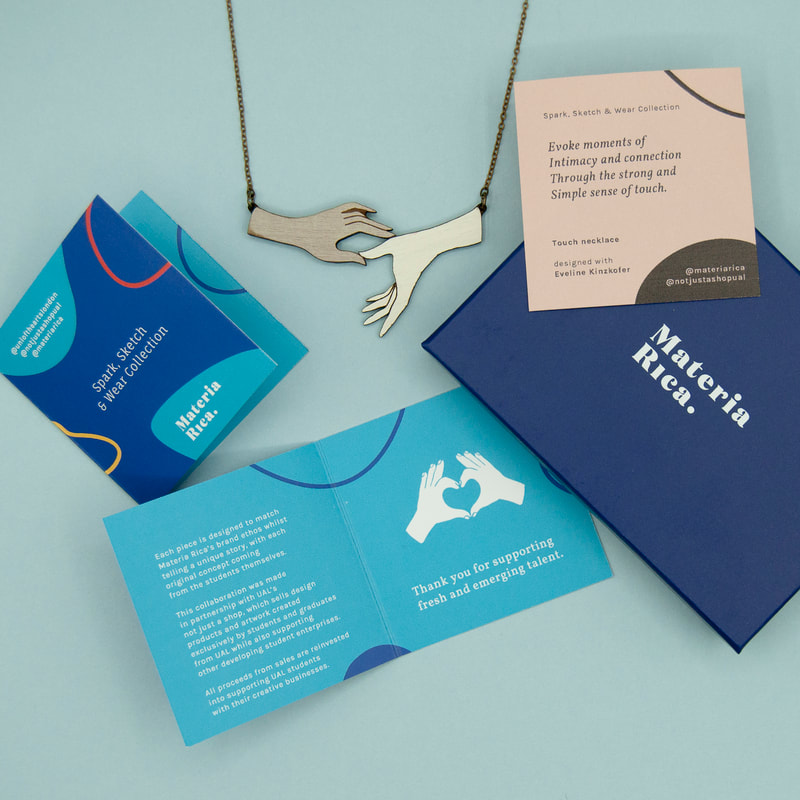
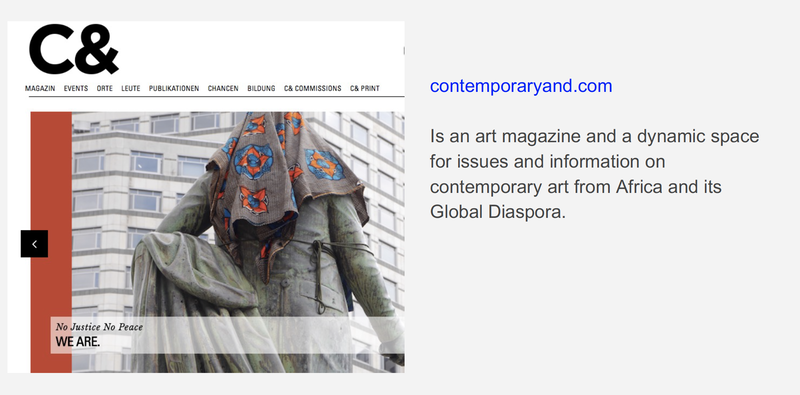
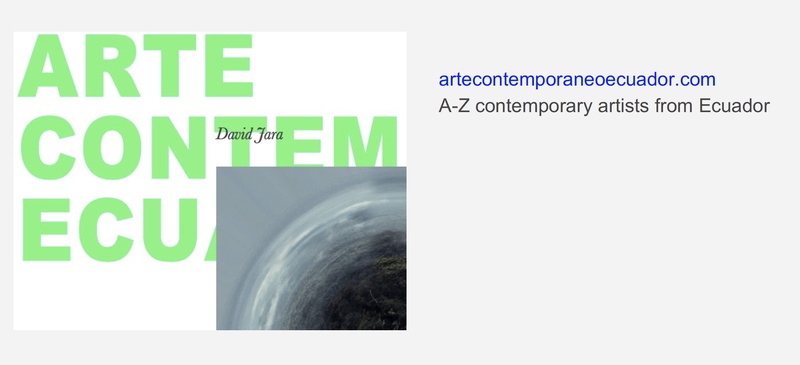
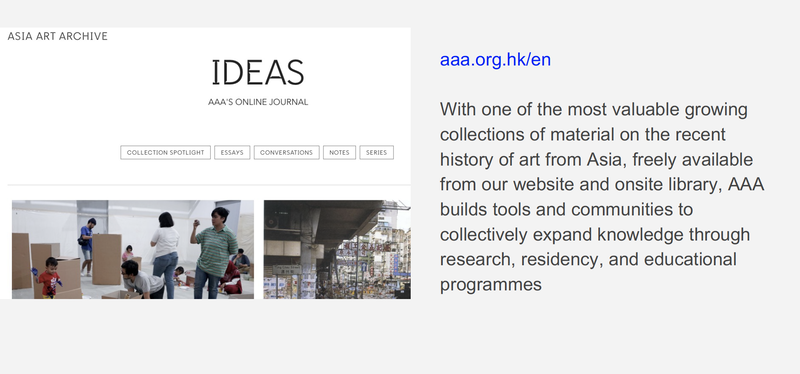
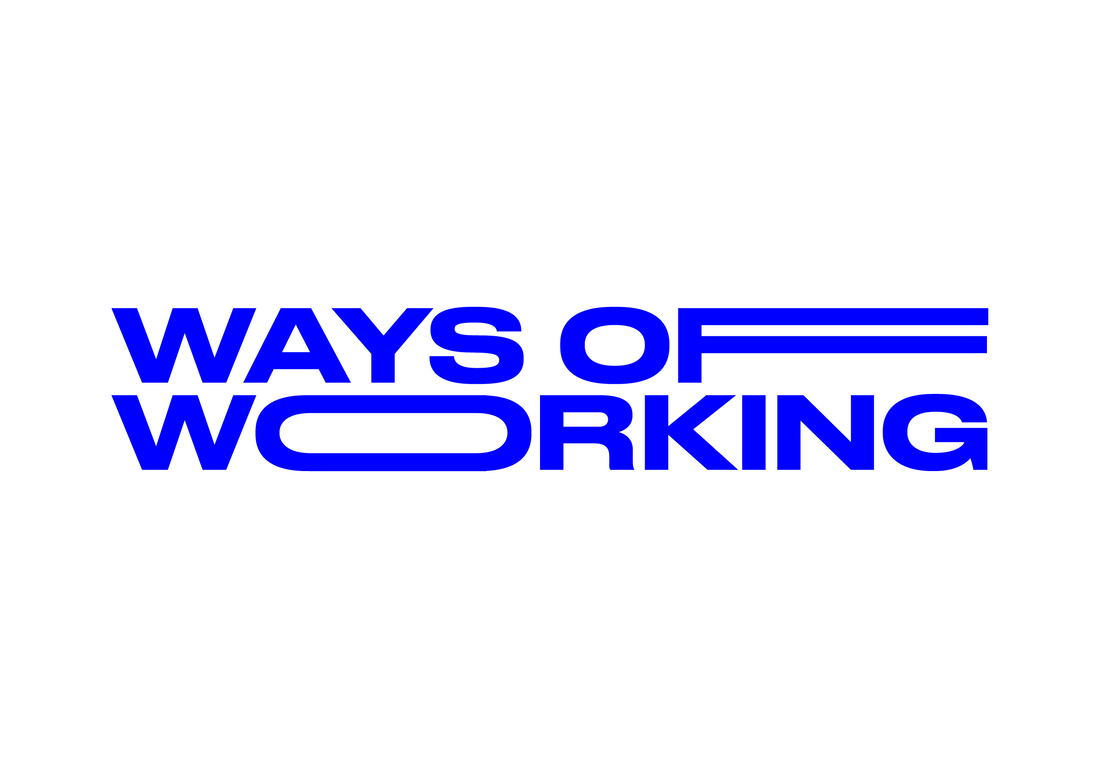
 RSS Feed
RSS Feed
